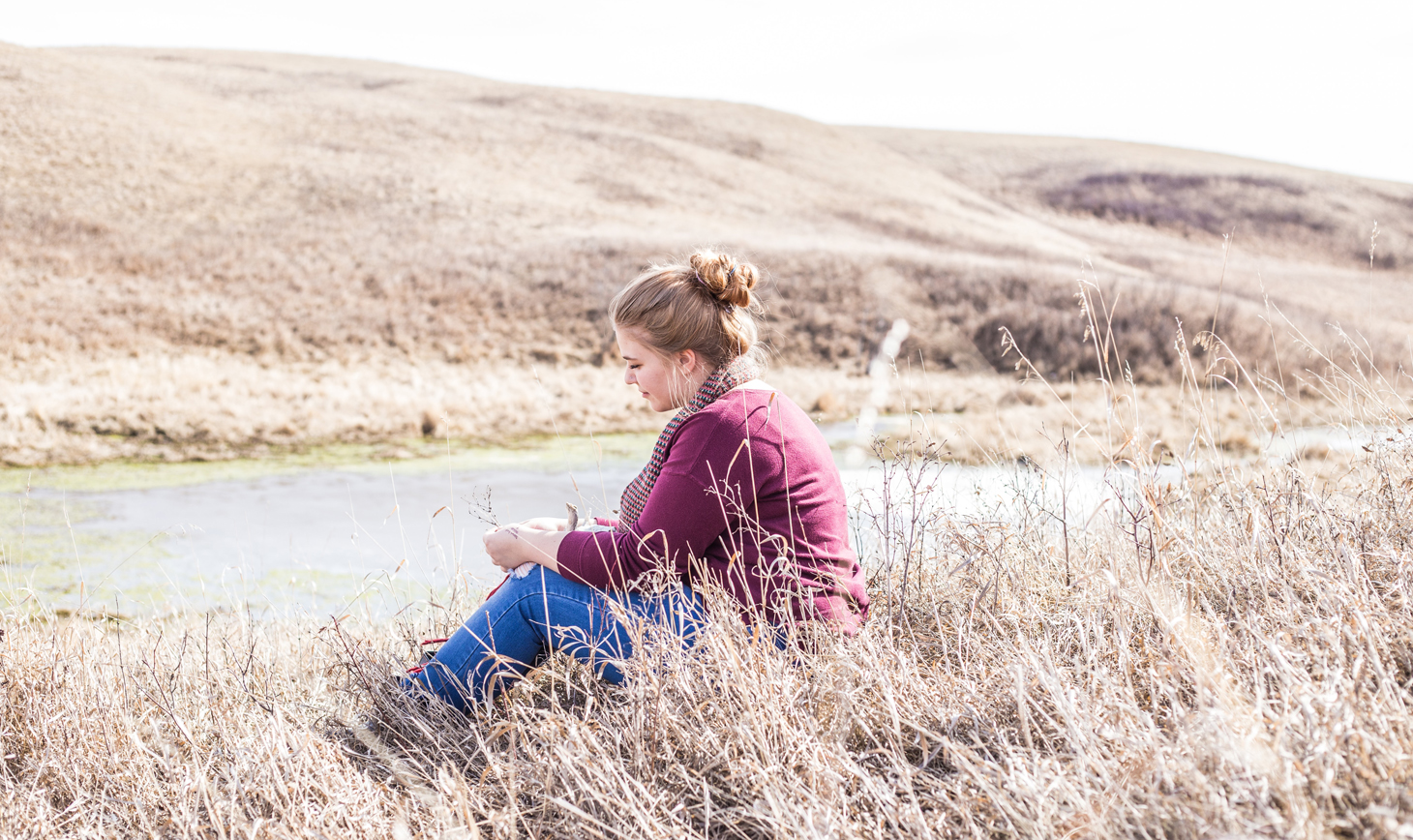
Practical tips for positive mental health
Coronavirus and the associated restrictions have affected us all in different ways. Many of us feel anxious, worried or generally low. We might also be concerned about the wellbeing of friends and family. So how can you look after your mental health through this difficult time? Clinical psychologist and current parent, Siobhan Blackwell recommends some practical steps.
What top tips or practical solutions would you recommend our community take onboard to look after their mental health during this period of lockdown?
A couple of years ago I found myself in the ladies’ loo at a social function, when a relative of a colleague of mine emerged from one of the cubicles. I didn’t know her well, but I knew her world was imploding, which was more than I should have known. So I just smiled, and lightly asked how she was doing. As she looked up, I could see the shadows beneath her eyes and her smile back was weary as she replied, ‘There are some really challenging bits in my life but really good bits as well… some days, I’m not going to lie, it can all be a real juggle to keep it all together but I just take a deep breath and do what I can’. Her words may resonate with some of us of during lockdown. Facing a mix of considerable challenges, as well as some good aspects too, the reality of locked-down life is that it can put pressure on our mental health.
There are several factors in that simple response that are key to wellbeing but I’m just going to focus on two here. The first is perspective – the ability to helicopter up and see a map of the terrain. This can be especially hard if we are in a hole; it is so easy to get stuck in a mindset where all we can see is the walls of the hole we are in. To get perspective we sometimes need to physically step back from our everyday life – such as sitting on a bench overlooking a landscape or taking a long, hot bath – but consciously stepping back and taking stock is important. The other key factor implicit in all of this is gratitude – recognising and being thankful the good bits of our lives is important – even more so if we are in a hole. And one extra factor I am going to add, is contribution. When we do a good deed for others, we feel better about ourselves, partly because helping others can help us with those two factors mentioned above – it can give us perspective on our own lives and help us to be grateful for that we have. So close your eyes and take a deep breath – what will your simple act of kindness be?
Do you have any advice for our recent leavers who may be away from home for the first time and find themselves in lockdown in unfamiliar surroundings?
This is a really tough time for university students, especially those in their first years. I am currently working with several, who are spending long hours working alone in their rooms with limited support, which is not what they were expecting from university life. Structuring your days and balance are key. Having a daily structure is important to stay on top of responsibilities and retain a sense of control, but without being flexible and compassionate with yourself it is unlikely that you will be able to stay motivated. Plan your workload around the times of day that you work best in. Be realistic – break your workload into chunks, interspersed with proper breaks where you get away from your screens and refresh yourself through energy-enhancing activities, such as getting outside, doing some exercise and being social, even if that’s just with your housemates at the moment. Try to put some weekly ‘regulars’ in – for example, do you have a housemate who does the same online lectures as you? Or who you can go for a run with? Can you make Friday evening a regular pizza and movie night on the sofa? Research shows that the better care we take of ourselves, the happier we are – and the more productive we are. Balance is the key.
You have just launched your new company bemybest.co.uk to help children build resilience and focus on their mental wellbeing. What advice can you give parents whose child is feeling anxious or unhappy?
The most important thing is connection – be there for them and empathise with them. At the end of the day we are wired to be social – we’re more like monkeys than snow leopards – which means we can get through most things as long are we know we are not alone. If possible, try to understand what is getting them down or making them feel anxious (children are most likely to talk when they are doing ordinary everyday things with us, such as peeling the potatoes). Validate their feelings (‘It sounds like you’re feeling worried about….’ or ‘I can understand it’s difficult to…’) and try to offer alternative, more balanced perspectives as well. It is very easy to get stuck in a negative mindset when we don’t feel great. And be firm if necessary – when we don’t feel great it is very easy to get into downward spirals, such as withdrawing from life. So gently encourage them to stay engaged – even if they find this hard.
If members of our community just do one thing a day to help them cope through this period, what would you suggest?
Be kind. If we are kind to ourselves, we are automatically more kind to others too. I think Charlie Mackesy (author of The boy, the Mole, the Fox and the Horse) captures it well: ‘It is a quality that stands above all others’.
 Dr Siobhan Blackwell is a clinical psychologist and founder of bemybest.co.uk, which is being launched early in 2021 and is dedicated to equipping young people with resilience skills to help them navigate life effectively.
Dr Siobhan Blackwell is a clinical psychologist and founder of bemybest.co.uk, which is being launched early in 2021 and is dedicated to equipping young people with resilience skills to help them navigate life effectively.
